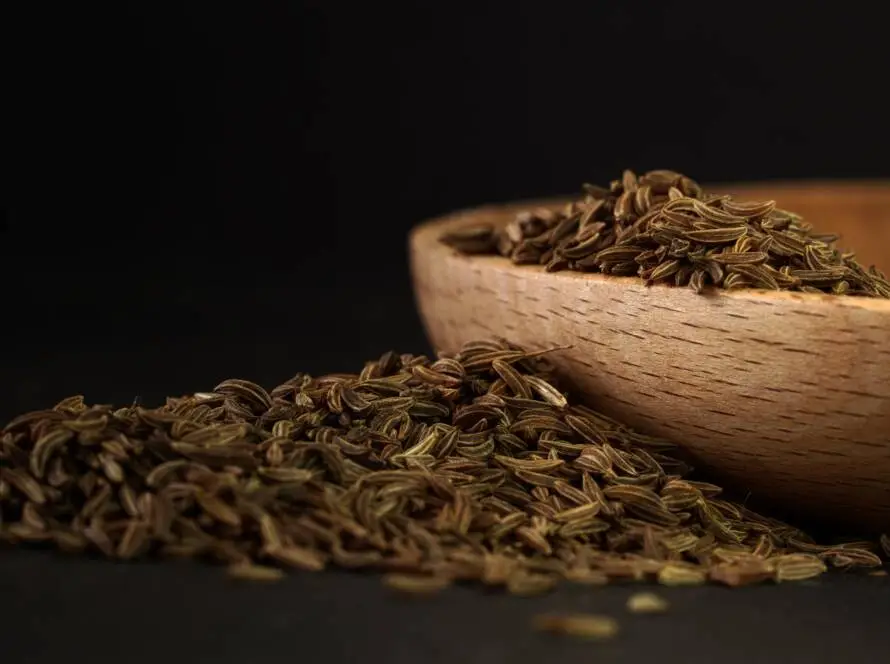Maitake mushrooms
Introduction
Maitake mushrooms, known scientifically as Grifola frondosa, are native to northeastern Japan but are also cultivated in the United States and Europe. With a history of consumption spanning over 3,000 years in China and Japan, these mushrooms are highly valued for their legendary health properties. The name “maitake” translates to “dancing mushroom” in Japanese, and historically, they were so prized that they were worth their weight in silver. Research in the late 1980s revealed that maitake mushrooms possess greater potency than other medicinal mushrooms like shiitake and kawaratake, particularly in enhancing immune function.
Common Names
- Maitake (Japan)
- Huishu hua (China)
- King of Mushrooms
- Dancing Mushroom
- Monkey’s Bench
- Shelf Fungus
Latin Name
Grifola frondosa
Uses
Maitake mushrooms are used for their potential antiviral properties and are traditionally used to manage conditions such as diabetes, high blood pressure, high cholesterol, and obesity. While some research has been done into their use for cancer treatment, the evidence is not robust enough to make definitive recommendations.
How It Is Used
Maitake can be incorporated into the diet or taken in various forms, including tea, capsules, or tablets. The mushroom’s fruiting body is richer in polysaccharides than the mycelium, making it the preferred choice for consumption or supplementation. Recommended dosages range from 3 to 7 grams daily, although clinical studies validating this dosage are limited.
Scientific Evidence
- There are few well-designed clinical trials examining the effects of maitake in cancer therapy, indicating a need for more controlled studies.
- Case studies have reported using maitake to treat various cancers, including liver, lung, stomach, breast, brain, and prostate.
- In a study involving 165 patients, a significant number reported improvements in quality of life, with 90% noting a reduction in cancer treatment symptoms (such as nausea and hair loss) and 83% experiencing pain relief.
Side Effects and Cautions
Currently, there are no well-documented side effects associated with maitake.
Sources
- Drugs.Com
- Wikipedia
Disclaimer
The information I’ve shared about herbs is for educational purposes only and is not meant as medical advice. While many herbs have been traditionally used for their potential health benefits, individual responses may vary, and the effectiveness of herbs can depend on various factors, including personal health conditions and interactions with medications. It is essential to consult with a qualified healthcare professional or a licensed herbalist before using herbs for medicinal purposes or making significant changes to your health regimen. This information should not be considered a substitute for professional medical advice, diagnosis, or treatment.


